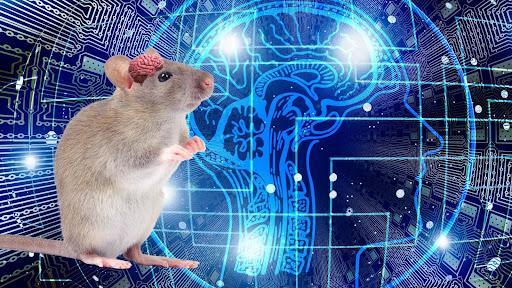
IIT Delhi, AIIMS Study Links Stress to Poor Decision-Making Skills
Decision-making is a fundamental aspect of human life. From choosing what to eat for breakfast to deciding on a career path, we make countless decisions every day. But have you ever stopped to think about how our brains process these choices? A recent study conducted by researchers from IIT Delhi and AIIMS has shed light on the intricate relationship between stress, certain brain conditions, and decision-making skills. The findings suggest that stress and certain brain conditions can impair our ability to make smart decisions, with interesting differences between species and males and females.
The study used the Iowa Gambling Task, a game designed to test decision-making skills. Participants, including humans and rats, were presented with four decks of cards and asked to choose which deck to select from. Two decks contained winning cards, while the other two had losing cards. The goal was to maximize winnings while minimizing losses. Sounds simple, right? But the task is more challenging than it seems.
The researchers found that under normal conditions, both humans and rats exhibited good decision-making skills, avoiding the losing decks and favoring the winning ones. However, when the rats were subjected to stress, their decision-making abilities suffered. They began to make more mistakes, selecting the losing decks more frequently. Similarly, humans who were exposed to stress or had certain brain conditions, such as anxiety disorders, also showed impaired decision-making skills.
The study’s lead author, Dr. Meeta Ghosh from IIT Delhi, explained that “Our results suggest that stress can disrupt the neural mechanisms involved in decision-making, leading to poor choices. This is because stress can alter the functioning of the prefrontal cortex, a region of the brain responsible for executive functions, including decision-making.”
But here’s the fascinating part: the researchers also found differences between species and males and females. Rats, for instance, were more susceptible to stress-induced decision-making impairments than humans. This suggests that rats may be more sensitive to stress or have a different coping mechanism. In humans, females were found to be more vulnerable to stress-induced decision-making impairments than males.
So, what do these findings mean? For one, they highlight the importance of stress management in making informed decisions. When we’re under stress, our brains are more prone to making mistakes, which can have far-reaching consequences in our personal and professional lives. Understanding the neural mechanisms involved in decision-making under stress can lead to the development of more effective treatments for anxiety disorders and other brain conditions.
The study’s findings also have implications for animal research. By studying decision-making in rodents, researchers can gain insights into the neural mechanisms underlying human decision-making. This could lead to the development of new therapies for neurological disorders, such as Parkinson’s disease, which affect decision-making abilities.
In conclusion, the IIT Delhi and AIIMS study highlights the complex relationship between stress, brain conditions, and decision-making skills. By understanding how our brains process choices under stress, we can develop more effective strategies for making informed decisions and improving our overall well-being.






